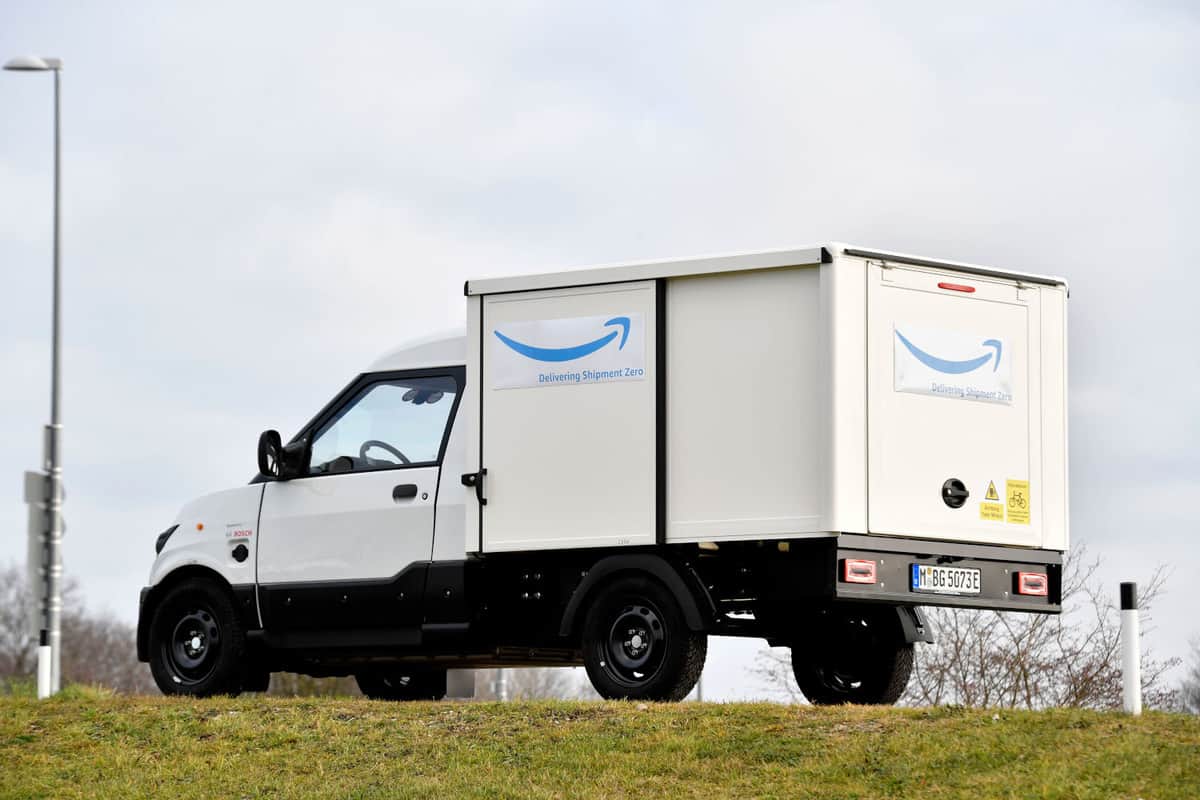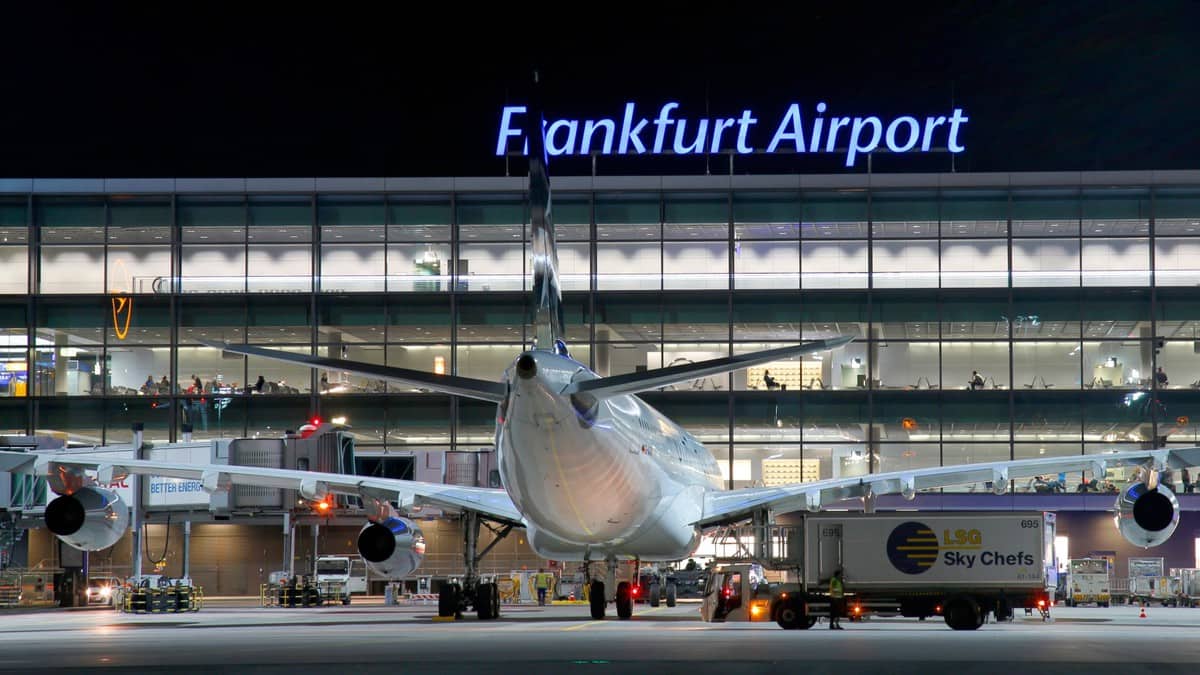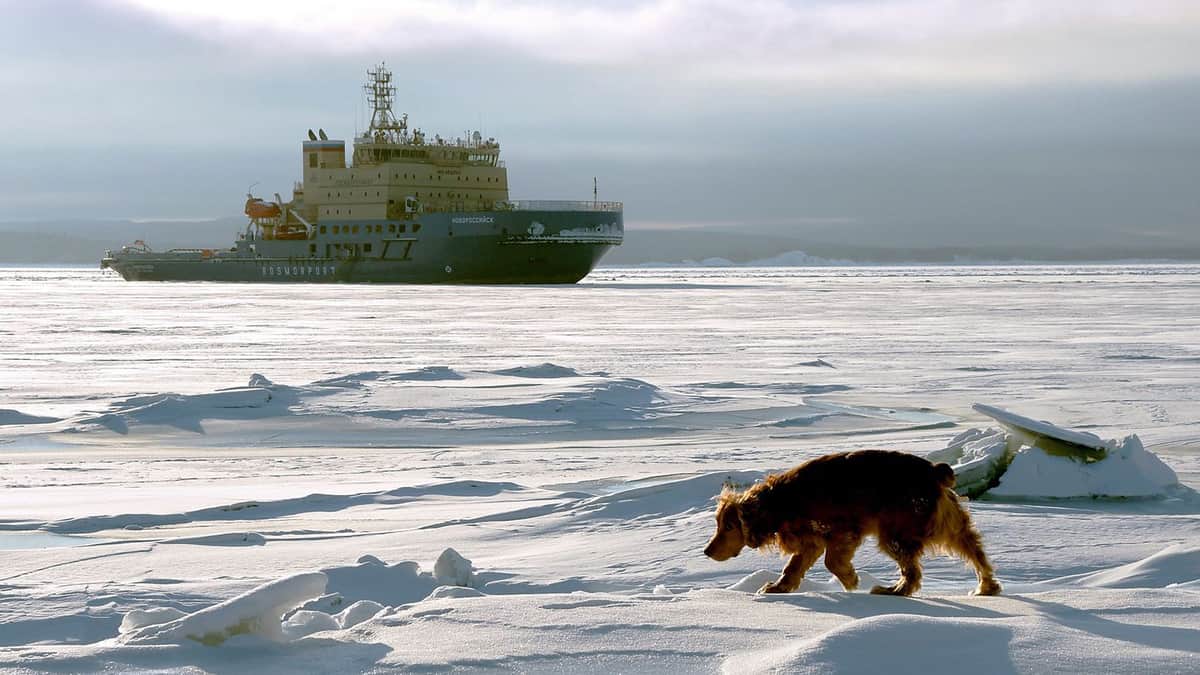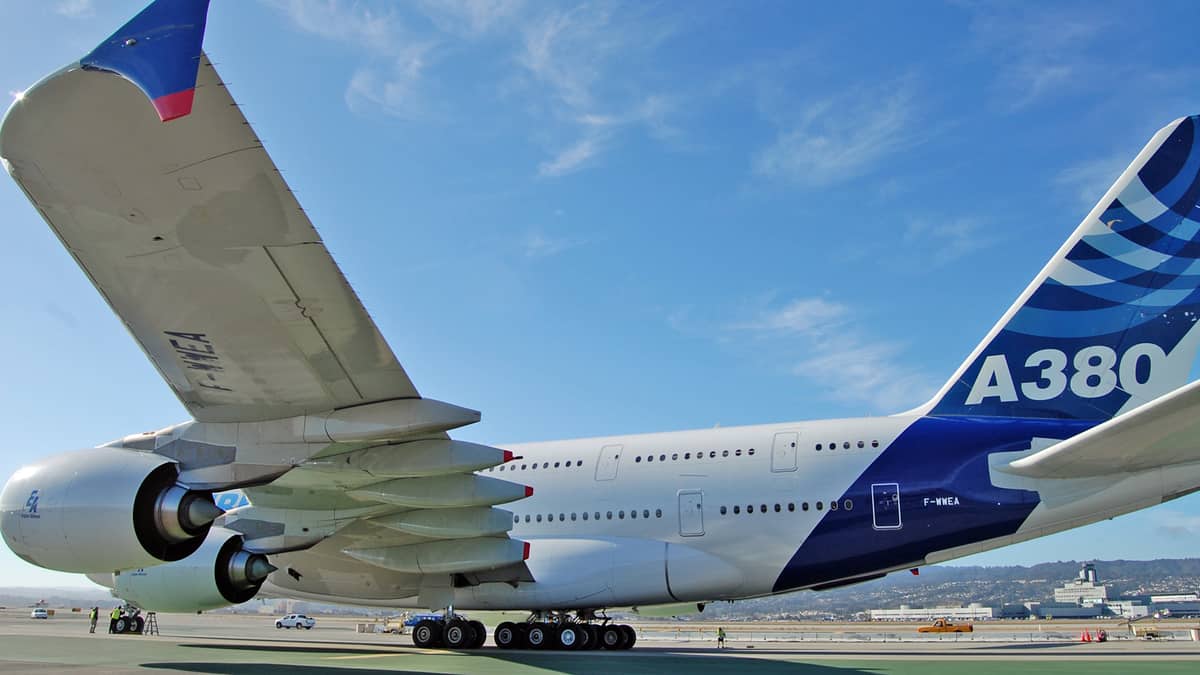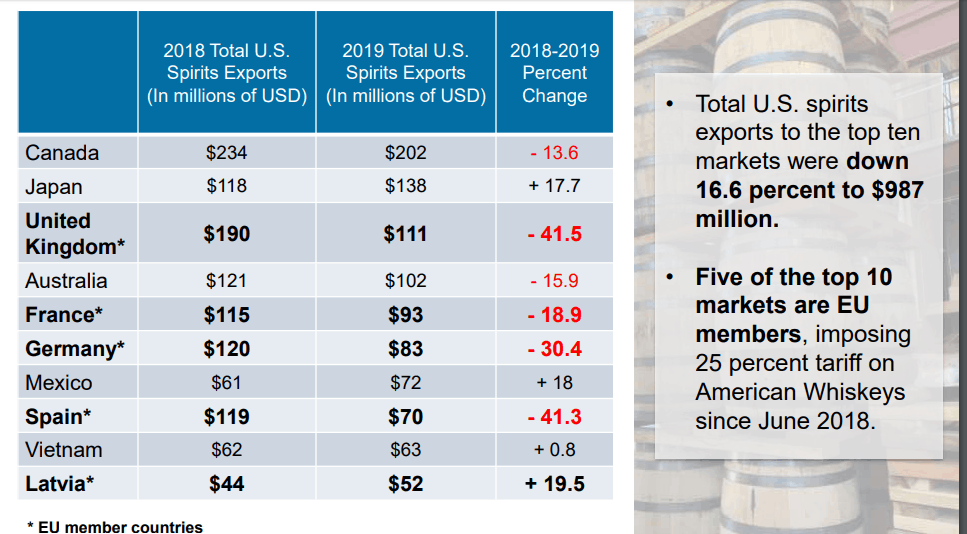As Volvo Trucks continues
to innovate, a focus is on building value for trucking fleets and driving
efficiency and productivity for drivers.
That is evident in the new
line of trucks the company’s global operation announced in Europe on Feb. 27,
and it was evident in a conversation FreightWaves had in Atlanta this week with
Volvo Trucks North America (VTNA) representatives Allison Athey, product
marketing manager for VTNA’s VNL on-highway tractor, and Ash Makki, product
marketing manager with a focus on connectivity solutions.
“Fuel efficiency is a
topic that is always on the forefront of our customers’ minds,” Athey told
FreightWaves.
To that end, VTNA will be
making FlowBelow’s Tractor AeroKit aerodynamic system a factory option. The
AeroKit, which includes wheel covers and drive wheel fairings, has been shown
to deliver up to 2.23% in fuel saving based on third-party SAE J1321 fuel
economy testing using EPA SmartWay guidelines, FlowBelow has said. The product
has been an aftermarket option since 2017.
Athey noted more fleets
are looking to close trailer gaps and the use of sliding fifth wheels for this
remain popular. Add in Volvo’s Turbo Compounding engine and its Xceed fuel
efficiency package, which was made available on trucks for the first time in
January 2019, and fleets have plenty of options to boost performance.
Volvo said its Xceed fuel
efficiency package, available for Volvo VNL 760 and VNL 860 models, improves
fuel efficiency by up to 11% when compared with Volvo’s Fuel Efficiency Plus
specification. Xceed is 3.5% more efficient than the Fuel Efficiency Advanced
specification, the company has said.
Truck drivers remain key
Drivers, though, are
critical to the equation, and work done inside the cab is equally important.
“Keeping good drivers is
always a challenge,” Athey said. “So, we continue to see [fleets request] more
driver comfort features.”
This includes spec’ing of
Volvo’s iShift automated transmission, which is included on 90% of VNL orders
today. Athey said the inclusion of automated transmissions is one part of the
extensive driver comfort features that fleets are interested in.
“It’s not just how easy it
is to drive [the truck], we’ve made the driving experience [more enjoyable],”
she said.
Athey pointed to the
automotive-style steering wheel with controls at the driver’s fingertips, the
ability to adjust the steering wheel column for more comfort, and the
introduction of Volvo Dynamic Steering (VDS) last year. Announced first in
September 2019, VDS came to the U.S. from Europe. The system analyzes inputs
from sensors throughout the vehicle to continuously monitor drivers’ actions,
environmental factors and road conditions, and provide assistive steering when
needed.
Among Athey’s favorite driver comforts, though, is the
reclining bunk that changes position so drivers no longer have to strain to
watch television or read when on a break.
Other driver-focused features Volvo has introduced in the
last year include:
- A new workstation, optional on the VNL 70-inch sleeper cab and VNX models, with a more comfortable sitting area and folding table that lowers to provide a base for the mattress cushions which can be unfolded to make a bed.
- 23-inch wide-width seats
- A Pre-Trip Assistant upgrade that features an exterior light inspection switch, located to the left of the ignition, to make it easier for drivers to perform an exterior light check during their pre-trip inspection.
Vehicle uptime impacts driver productivity
On the connectivity side
of the equation, driver productivity is also a big part of the equation, Makki
said, and the uptime factor of the vehicle impacts this.
“Our goal is always to
minimize downtime,” he said.
That is evident in the new
over-the-air (OTA) remote diagnostics change VTNA announced last week. Driver
Display Activation gives drivers the ability to complete OTA updates at a more
convenient time for them. According to Makki, once a customer – referred to as
the ‘decision maker’ by Volvo – requests an update, the Volvo Certified Uptime
Center will send that update to the requested vehicle or vehicles and an icon
will flash on the instrument cluster screen. The driver can activate the update via the
truck’s instrument cluster at their next planned stop or at a convenient time – such as during a mandated break.
“We cut the process down
with this next generation by about 50% because we took out the conversation,”
Makki said, noting that time was spent communicating the download to the
driver, and the driver then stopping to allow the download to happen at a time
that may have been as inconvenient for the driver.
If a driver does not
complete the download within a set period of time, the decision maker is
notified and can handle it through the proper fleet protocol for such a
situation. At all times, Makki said, the decision maker is in charge of the
process. Makki compared it to a phone update where the final download occurs
when the phone holder presses the button.
Europe takes the lead
In the case of a global
company like Volvo Trucks, innovations can come from many places. That was true
with VDS, and it could be true again with driver comfort features. Volvo
introduced four new trucks in Europe today with a large focus on driver comfort
and features.
“Drivers who handle their
truck safely and efficiently are an invaluable asset to any transport company.
Responsible driving behavior can help reduce CO2 emissions
and fuel costs, as well as helping reduce the risk of accidents, injury and
unplanned downtime,” Roger Alm, president of Volvo Trucks, said. “Our new
trucks will help drivers work even more safely and productively and give our
customers stronger arguments when competing to attract the best drivers.”
Volvo introduced new versions of its Volvo FH, FH16, FM and FMX European models, which represent
about two-thirds of its deliveries in Europe. In long-haul trucks, the cab is
often the driver’s second home. In regional transport trucks it often serves as
a mobile office, the company said. Therefore, visibility, comfort, ergonomics,
noise level, maneuverability and safety were focal points when developing the
new trucks.
On the driver comfort
side, Volvo has introduced new cab designs for the FM and FMX models with
improved ergonomics and displays. Their interior volume has been increased by
up to one cubic meter for more working room, and larger windows improve
visibility. The steering wheel is equipped with a neck tilt function, allowing
the driving position to be individually adjusted and the lower bed has been
raised, increasing under-bunk storage. The day cab has a new 40-liter storage
compartment with interior lighting on the back wall. Cab comfort is further
enhanced through reinforced insulation that helps shut out cold, heat and
noise, while a sensor-controlled climate unit with a carbon filter promotes
good air quality in all conditions.
The new driver interface
includes a fully digital 12-inch screen, a supplemental 9-inch side display
available for infotainment, navigation, information and camera monitoring. The
functions can be controlled via buttons on the steering wheel, by voice
control, or via the touchscreen and display control panel.
Whether it is in Europe or
the U.S., Volvo continues to design not just for fleets, but for their drivers.



